There is huge public support for giving people better transport choices. People want to be able to get around in ways that are safe, convenient, affordable, healthy and environment-friendly.
Reversing our growing dependence on cars, vans and lorries would bring so many benefits for our health, wealth, well-being and the climate. It would drastically cut the costs of congestion, air pollution, noise, road casualties and inactivity-related ill-health, which between them cost the UK economy over £100bn annually.
Yet this is the opposite of what is currently happening. Motor traffic on Britain’s roads doubled between 1980 and 2019 (i.e. pre-covid). Worse still, the UK Government predicts that it will carry on growing – by up to 54% in England and Wales by 2060. This would be disastrous for the economy, the environment, our health and quality of life. It would be especially bad for our children or anyone else who cannot drive (e.g. many disabled people or those with certain health conditions).
Surely nobody wants to live in a world with 54% more motor traffic on our roads? Even if they are all electric vehicles!
This Challenge invites councils and mayors to lead the way towards a brighter future…


Are you a campaigner? Share this page now! Why not tag your local authority or councillors?
Do you really want 54% more motor traffic?
There is now a real opportunity for councils and mayors in England – especially those newly elected – to set out a very different vision of the future.
Most of England’s local transport authorities (excluding London) are now drawing up new Local Transport Plans (LTPs) and are preparing to consult on a draft LTP in the coming months. A few authorities have already published draft LTPs, or adopted final versions, with some welcome ambition:

Transport for the West Midlands
Reduce car distance travelled by 35% by 2030.

Oxfordshire
Reduce car trips by 25% by 2030, and by 33% by 2040.

Reading
Reduce car use, from 25% of trips to or through Reading town centre, to 10% in 2040.

York
Reduce car mileage by 20% by 2030.

The Transport Choices Challenge, drawn up by the recently-formed Low Traffic Future Alliance, is an invitation to councils and mayors to work with their local communities on adopting similarly ambitious targets elsewhere in England, along with the plans and spending commitments needed to ensure these are met.
They can sign up at a bronze, silver or gold level of ambition.
We recognise that, ahead of a new Government’s first spending review, they cannot be sure of what funding and policy support they can expect in future years.
It is also harder for rural councils to be ambitious than for large city authorities.
The Alliance’s members are also eager to work with councils and mayors on pressing central government for the funding and other support that you will need if you are ‘go for gold’ in the (hopefully not-too-distant) future!
Choose your level of ambition
*Where LTPs cover a different time-period, equivalent targets may be adopted. **Population >100,000.
Challenge Policies
Supported by our members

Ready to go? We’re taking expressions of interest now
We are keen to receive expressions of interest, whether from councillors, officers or indeed from local campaigners or campaign groups. If you think your authority may be interested in signing up, please get in touch via this form, or by emailing hello@lowtrafficfuture.org.uk.
- ‘Local Action for a Low Traffic Future’ , our full and summary guide for councillors and campaigners, on what to look for in a good LTP
- Our research on the targets being set in local authorities’ LTPs and their progress towards adoption (as of April 2024)
- Notes and presentations from the five regional ‘Greening local transport in your area’ workshops we ran in 2023.





